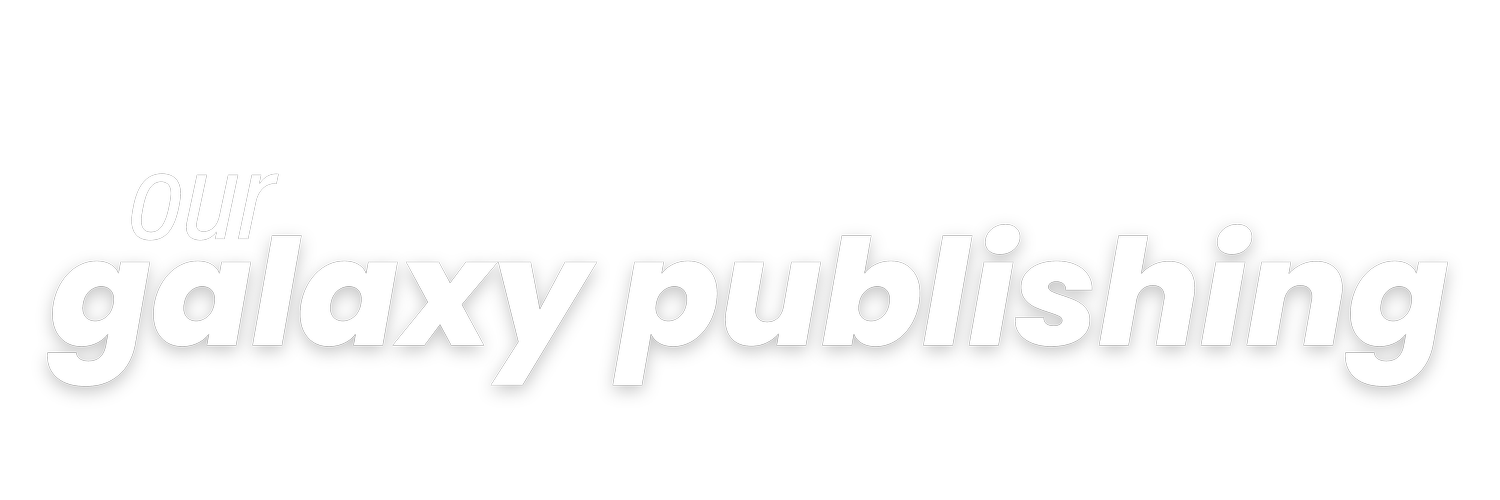READ THE BLOG

How Does Traditional Publishing Work?
Curious about how traditional publishing works? This step-by-step guide breaks down the entire process—from literary agents to book deals—while helping you understand the publishing industry’s nuances and what to expect as an author.

How to Find a Book Publisher: A Quick Guide for Aspiring Authors
If you're here, chances are you're ready to take the next step toward publishing your book. Finding the right book publisher starts with understanding your options. This guide breaks down the different publishing paths available to authors—traditional publishing through a literary agent, submitting directly to small or independent presses, exploring hybrid models, and identifying red flags like vanity presses.

How to Publish a Poetry Book: What Every Poet Needs to Know
Publishing poetry comes with unique challenges, whether you're aiming for a traditional publishing deal or self-publishing your collection. Traditional routes often require an agent or submitting to small presses, while self-publishing offers creative freedom but demands more personal effort. This blog explores both paths, offering tips for manuscript preparation, cover design, formatting, and marketing strategies. Whether you’re seeking recognition or creative control, understanding the landscape of poetry publishing is essential. Learn how to make informed choices about the best route for your work, build your platform, and get your poetry into the world.

Why Publishing Poetry Books Is Harder Than Other Genres—But No Less Worth It
Publishing poetry is often seen as a challenge—but that doesn’t make it any less worthwhile. In a market that undervalues lyricism, vulnerability, and truth-telling, poets are frequently told their work is too niche or unmarketable. This blog dives into why poetry faces more barriers than other genres, from industry biases to lack of infrastructure, and how marginalized poets are often excluded from traditional pathways. Still, poetry remains one of the most powerful forms of expression—and it deserves to be published. Whether you’re navigating the contest circuit, querying indie presses, or self-publishing your first book, this piece offers insight, encouragement, and real talk about what it takes to get your work into the world.

A Writer’s Guide to Publishing Lingo: 33 Terms Every Author Needs to Know
Understanding publishing lingo is essential for any writer preparing to publish a book. This guide covers 33 key terms—from royalties and advances to literary agents and self-publishing platforms—giving you the foundational knowledge you need to make informed decisions. Whether you’re pursuing traditional publishing or going independent, this article helps demystify industry jargon so you can advocate for yourself, communicate clearly with professionals, and move through the publishing process with confidence.

10 Tips for Navigating the Publishing Process Without Losing Your Sanity (Mostly)
Publishing a book can feel like a chaotic, confusing ride—but it doesn’t have to be. This blog offers 10 real-world tips to help writers navigate the ups and downs of the publishing process with more clarity and less stress. From understanding your publishing options to building your platform and protecting your energy, these insights are grounded in experience and written with heart. Whether you’re querying agents or self-publishing, this guide is here to help you stay focused, informed, and (mostly) sane.

How to Publish a Book in 2025: A Go-To Guide of Authors
Explore the different ways authors can bring their books into the world—traditional publishing, self-publishing, and the increasingly popular hybrid model. We break down what each path involves, how the process works, and what authors should consider when choosing the best route for their goals. You’ll also learn how to avoid common pitfalls like vanity presses and why having the right support can make all the difference.

Five Places to Buy Books Online That Are Not Amazon
Looking to buy books online without supporting Amazon? Explore these five alternatives that champion local bookstores, support authors, and promote ethical book buying.
